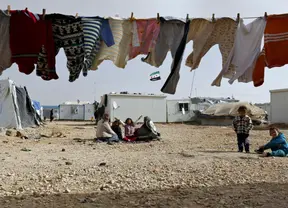
The Syria crisis, which is going to brace for its 5th anniversary on Tuesday, has become the most lasting and influential hotspot in the second decade of this century, bringing catastrophic consequences to the country and its people and profoundly affecting the surrounding areas and the wider world.
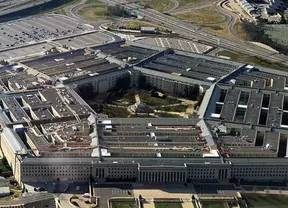
A top U.S. commander said on Tuesday the Pentagon had requested permission from the Obama administration to restart the previously failed train-and-equip program for Syrian rebels against the Islamic State (IS).
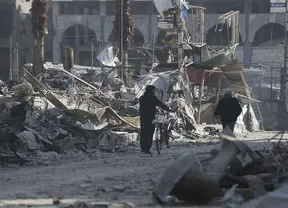
The Syrian government is apparently working on luring the rebels into settlements, taking advantage of the recent truce, analysts say.
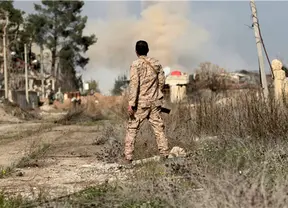
One day into the long-awaited cease-fire in Syria, truce was largely observed though sporadic shelling still took place, killing and wounding dozens.
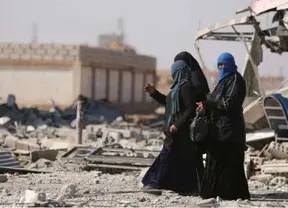
Fighting largely halted in most areas of western Syria after a cessation of hostilities plan backed by Russia and the United States went into effect at midnight Friday.
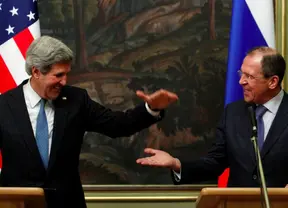
The recently-agreed upon cessation of hostilities in Syria has high chances of success, despite the fact that its implementation will not be an easy task, analysts say.
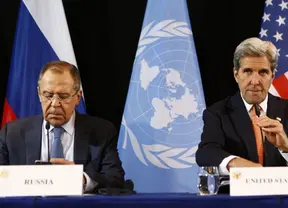
The United States and Russia on Monday announced a plan for a cessation of hostilities in Syria starting from Saturday, which the UN described as "a signal of hope" for an end to the nearly five-year-old conflict.
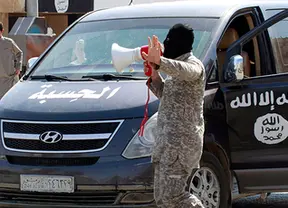
More than 50 Islamic State (IS) militants have been killed over the past 24 hours during intense battles against the Syrian government forces in the countryside of the northern province of Aleppo, a monitor group reported on Sunday.
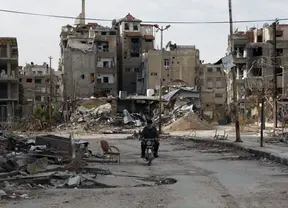
The meeting on cessation of hostilities in Syria in the framework of the International Syria Support Group (ISSG), which was scheduled for Saturday, has been postponed, the Russian Foreign Ministry said.
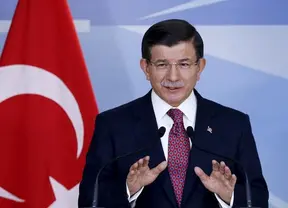
Turkish President Recep Tayyip Erdogan on Tuesday told Saudi Arabia's king that alleged attacks by Russia and the Syrian government in northern Syria were of an alarming nature, the state-run Anatolia news agency reported Wednesday.
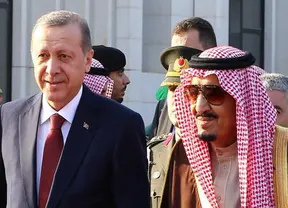
The latest remarks of Turkey and Saudi Arabia on sending troops to execute ground operations in Syria have raised eyebrows around the globe.
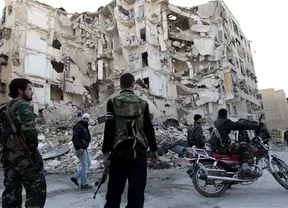
Although peace and stability remain possible for Syria, its internal crisis is on the brink of escalating into a regional conflict and even getting completely out of control, as Turkey's and Saudi Arabia's plans to send ground forces may cause further turbulence.
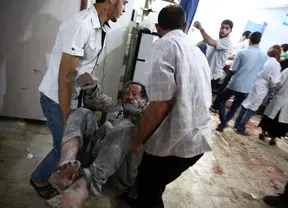
The Kremlin on Tuesday dismissed accusations of Russian air forces in Syria attacking hospitals, calling the allegation unacceptable and baseless.
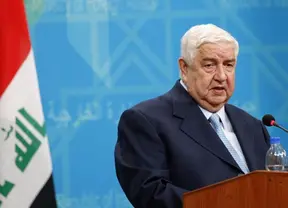
Syria's Foreign Minister Walid al-Moallem said on Tuesday that his government is committed to an inter-Syrian dialogue without preconditions, state news agency SANA reported.
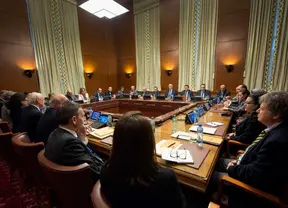
As Syrian factions gather in Geneva to broker peace for the war-torn country, doubts remain as to whether UN-sponsored intra-Syrian talks will enable Bashar al-Assad's regime and Syria's opposition see eye to eye this time round.
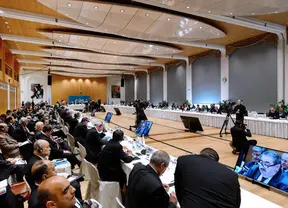
The Office of the UN Special Envoy for Syria issued a statement late Wednesday night, saying that the intra-Syrian talks are to resume in Geneva no later than Feb. 25 and possibly "much earlier."
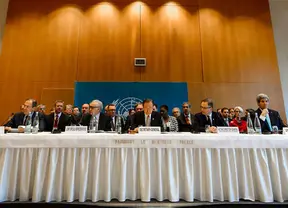
The UN-mediated Syria peace talks struggled to continue into its second day as United Nations Special Envoy for Syria Staffan De Mistura met again with the Syrian government delegation on Tuesday.